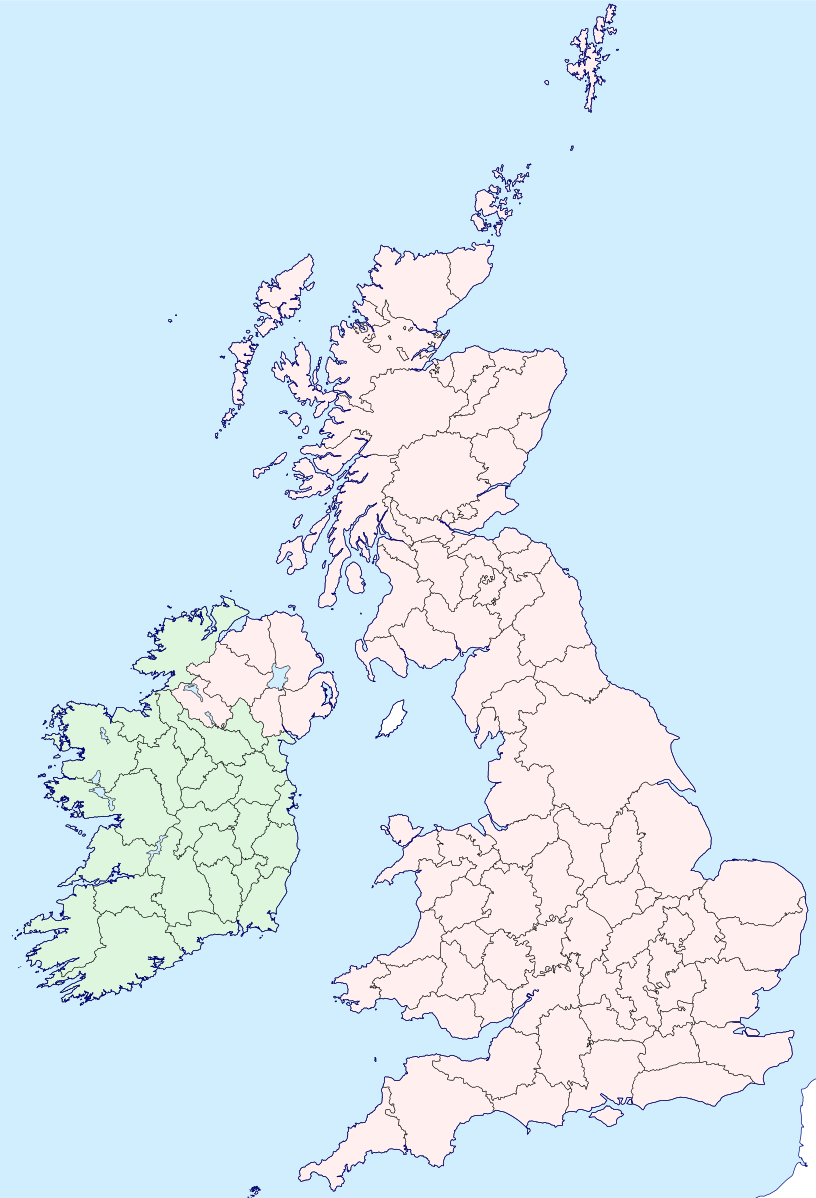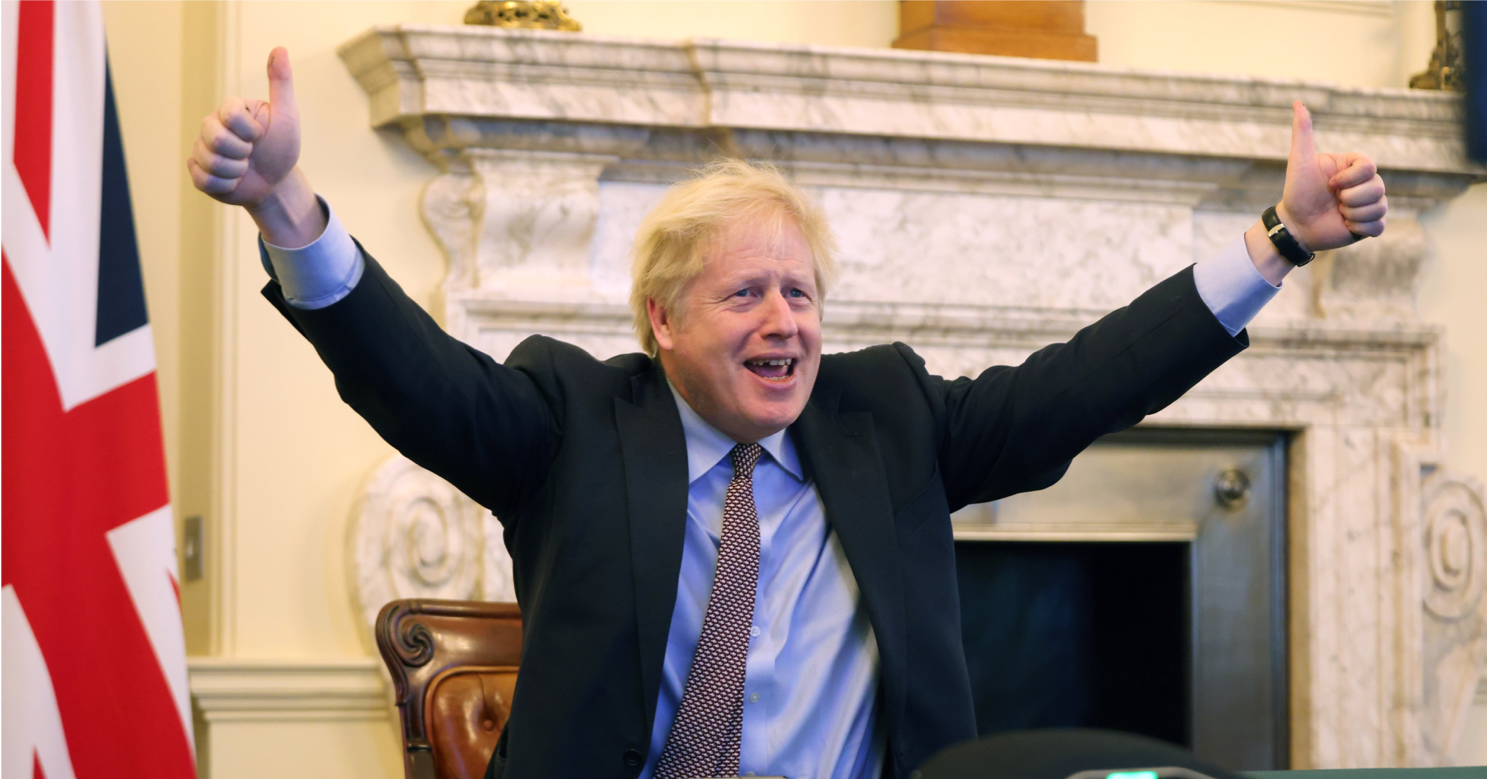The United Kingdom of Great Britain and Northern Ireland (UK) voted in a referendum to leave the European Union (EU) way back in 2016.
And on Dec. 24 (Singapore time), the news broke that the UK would avoid the nightmare scenario of leaving without a deal in place for trade, security and other issues by the deadline of Dec. 31 (the end of the transition period).
The BBC quoted Number 10 Downing Street as saying, "We have got Brexit done and we can now take full advantage of the fantastic opportunities available to us."
Ursula von der Leyen, president of the European Commission, said, "This was a long and winding road but we have got a good deal to show for it. It is fair, it is a balanced deal, and it is the right and responsible thing to do for both sides."
According to the Washington Post, the deal will ensure that goods between the UK and the EU, worth billions of dollars/pounds/euros, will continue to keep flowing.
Without a trade deal in place, there was the possibility of imports like food being held up at the borders.
Major sticking points, such as the question of fishing rights in UK coastal waters and the "level playing field" (i.e. granting UK companies unfair advantages compared to their EU counterparts), appear to have been straightened out.
The deal will also address security issues, although full details are yet to emerge.
New barriers, including Northern Ireland
Despite the deal, the UK's exit will mean that red tape and other customs checks will be put in place, after decades of free movement.
British businesses in the services sector will also face new barriers to operating in the rest of Europe.
The deal will also include a regulatory border "in the Irish Sea", effectively creating a border between one part of the UK (Northern Ireland), and the rest of the country.
 Pic by Wikishire via Wikimedia Commons.
Pic by Wikishire via Wikimedia Commons.
This is due to the Good Friday Agreement signed in 1998, which ended a period of conflict between the UK and Ireland.
Under the terms of the agreement, there was a commitment not to have security installations along the border between Northern Ireland and the Republic of Ireland.
This led to much debate about whether this pertained to customs checks and guards along the border after Brexit, either legally or in the spirit of the agreement.
However, Northern Ireland will now remain within the EU single market, and continue to enforce EU rules and laws at its ports.
Parliaments to vote on deal
For Prime Minister Boris Johnson, who campaigned on a promise to "get Brexit done", the deal represents the culmination of months of tough negotiations.
His predecessor Theresa May brought the terms of her own Brexit deal to Parliament in mid-2019, but failed to secure enough votes.
She resigned her post, and Johnson won the leadership contest, as well as the general election in late 2019.
Johnson's next step is to ensure that Parliament votes for his deal. Unlike May, he has a substantial majority of MPs and can hold off a minor rebellion from his backbenchers.
On the EU side, the member states will need to review the deal and sign off on it, before the European Parliament approves. However, the EU can apply the deal "provisionally" while this is going on.
The deal is done. pic.twitter.com/zzhvxOSeWz
— Boris Johnson (@BorisJohnson) December 24, 2020
Top image from Boris Johnson's Twitter page.
If you like what you read, follow us on Facebook, Instagram, Twitter and Telegram to get the latest updates.
